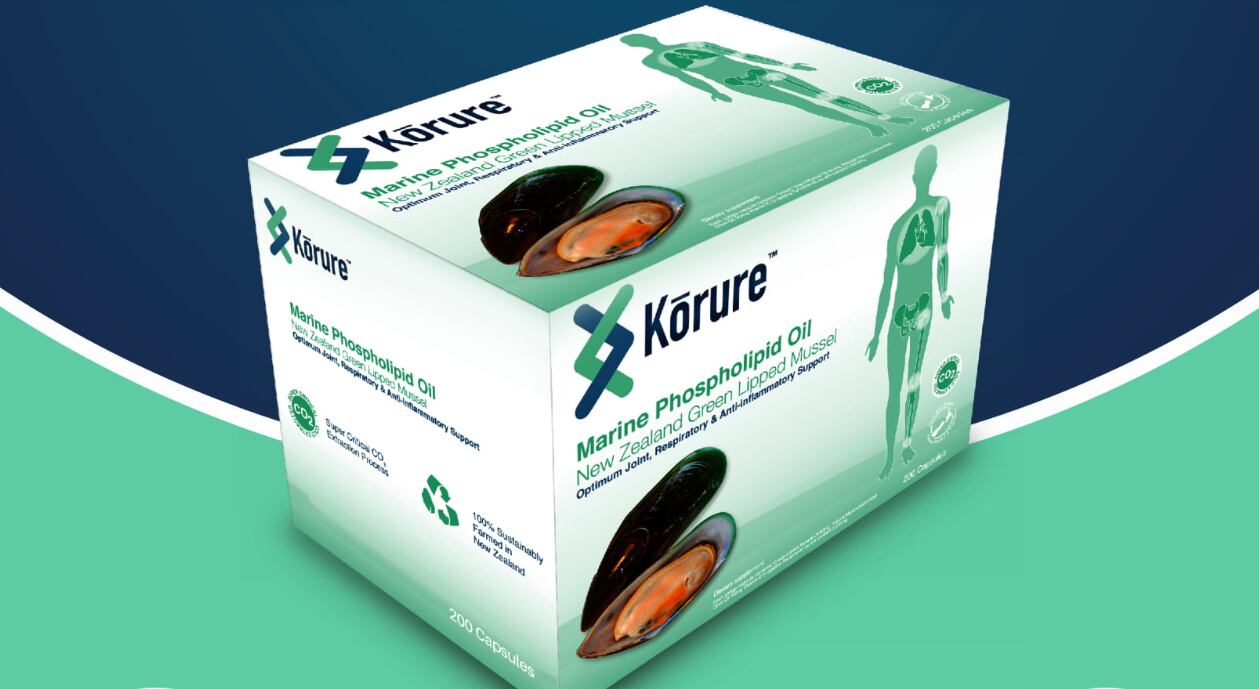A major component of autism (as well as many other neurodevelopmental disorders) is abnormal phospholipid metabolism.
Researchers said that rodents that are orally administered propionic acid (PPA) can exhibit behavioural abnormalities and biochemical indications similar to those seen in autistic individuals, and can therefore be used as a model to examine the link between impaired brain fatty acid metabolism and autism.
The researchers conducted a study with the aim of understanding the alterations in phospholipid metabolism in the brain of an autistic rodent, and whether omega-3 and / or vitamin B12 could be viable remedies.
Ratty acids
They split 35 rats into five groups: Group 1 was the control, and Group 2 was the rodent model of autism treated with a neurotoxic does of PPA. Group 3 was given vitamin B12 cobalamin daily (16.7mg/kg per rat) for 30 days, and Group 4 was given pharmaceutical-grade omega-3 daily (200mg/kg of DHA per rat) for 30 days, after three days of PPA treatment. Group 5 was given a combined dose of omega-3 and vitamin B12 for 30 days after PPA treatment.
All the rats had the phospholipid levels and phospholipase A2 in their brain homogenates, as well as their cPLA2 (cytosolic phospholipases A2, involved in inflammatory responses) protein levels measured.
The researchers observed a significant reduction in phospholipid levels and a significant increase in cPLA2 in the brain tissue of the PPA-treated rats, but also found that both omega-3 and vitamin B12 managed to successfully ameliorate the neurotoxic impact of PPA.
They wrote: "It is clear that PPA induced significant elevation in cPLA2 at 28.54%, together with a significant decrease in phospholipids at 27.14%. Both ω-3 and vitamin B12 were effective in ameliorating the neurotoxic effect of PPA."
They added that the three groups of rats treated with vitamin B12, omega-3 or a combination of both, while not significantly different from the control group, were indeed significantly different from the PPA-treated groups.
These results were consistent with those of previous studies, one of which involved omega-3 supplementation for 12 weeks in autistic children and teenagers aged seven to 18, whereby significant improvements were observed in all subscales, including blood fatty acid profiles.
Limited effects?
They also said, however, that once a child displays the autistic phenotype, omega-3 is "unlikely to completely correct the deficits, because there are many other factors involved as etiological mechanisms of this disorder".
Nevertheless, many studies maintain that a sub-group of autistic patients could still respond well to omega-3 treatment, with a recent study showing that the combined supplementation of omega-3 and vitamin B12 resulted in higher nerve growth factor levels in the hippocampus, and improved cognitive performance.
The researchers concluded: "Omega-3 as a precursor for active mediators can regulate various brain functions such as neurotransmission, inflammation, immune reaction and neuronal survival.
"The present study is consistent with the recent work of Qasem et al., which reported a remarkable reduction in phospholipids and an increase in cPLA2 protein levels as etiological mechanisms of autism; these findings might support the use of PPA postnatal exposure to induce persistent autistic features, similar to the mechanism that causes autism.
"Receiver operating characteristic analysis demonstrated that while cPLA2 can be used as a marker of PPA neurotoxicity, phospholipids can be used to predict both PPA neurotoxicity and the therapeutic potency of B12, ω-3 and their mixture, with satisfactory specificity and sensitivity.
"It is likely that vitamin B12 and ω-3 fatty acids may act independently or synergistically to ameliorate the neurotoxic effects of impairment of cPLA2 and phospholipids induced in rat pups by orally administered PPA."
Source: Lipids in Health and Disease
https://doi.org/10.1186/s12944-018-0850-1
"Comparative study on the independent and combined effects of omega-3 and vitamin B12 on phospholipids and phospholipase A2 as phospholipid hydrolyzing enzymes in PPA-treated rats as a model for autistic traits"
Authors: Hanan Alfawaz, et al.



